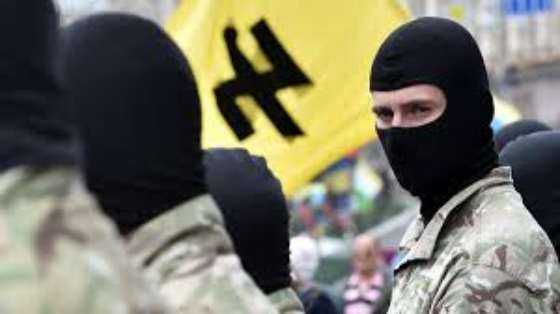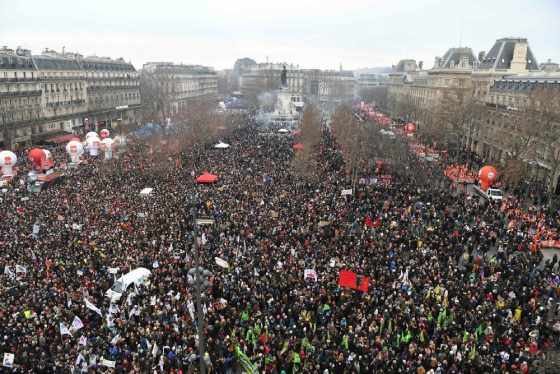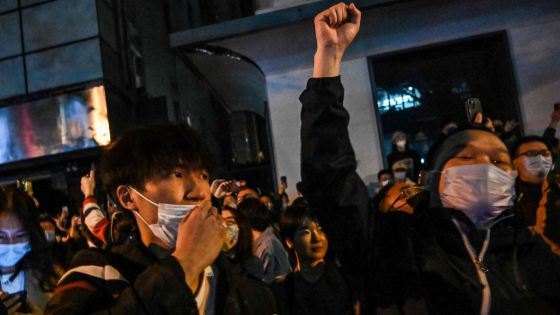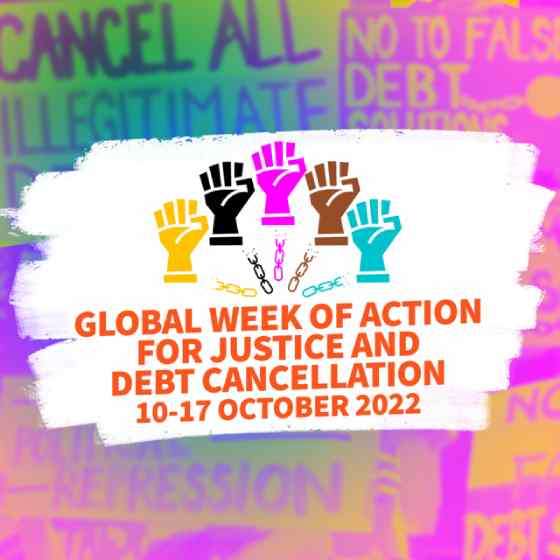Crimes de guerre et crimes contre l’humanité en Israël/Palestine :
Halte aux « deux poids deux mesures »!
« Le fleuve emportant tout, on dit qu’il est violent.
Mais nul ne taxe de violence les rives qui l’enserrent. »
Bertold Brecht
 Les attaques meurtrières et les enlèvements dont ont été victimes depuis ce 7 octobre 2023 des centaines de civil·es habitant des localités israéliennes proches de la bande de Gaza constituent des crimes de guerre que l’Union des Progressistes Juifs de Belgique (UPJB) ne peut que condamner. Celles-ci nous choquent et nous affectent profondément.
Les attaques meurtrières et les enlèvements dont ont été victimes depuis ce 7 octobre 2023 des centaines de civil·es habitant des localités israéliennes proches de la bande de Gaza constituent des crimes de guerre que l’Union des Progressistes Juifs de Belgique (UPJB) ne peut que condamner. Celles-ci nous choquent et nous affectent profondément.
L’UPJB reconnaît cependant le droit à la résistance des Palestinien·nes, y compris armée quand elle vise des militaires ou des colons armés puisqu’iels sont victimes d’une occupation militaire interminable, de l’accaparement sans cesse croissant de leurs terres, de leurs ressources en eau et d’autres biens, de l’étouffement de leur économie, de la répression par l’armée de toute forme de résistance même non violente, de l’agressivité quotidienne de plus en plus souvent meurtrière des colons.


 Since the full-scale invasion of Ukraine in 2022, the debate about “decolonizing” Russia has moved rapidly from the realm of academia and cultural criticism to that of actual politics. Demands to “decolonize Russia” are voiced by opposition activists from Russia’s “national republics” (such as Buryatia or Bashkortostan) as well as from Ukrainian and some European […]
Since the full-scale invasion of Ukraine in 2022, the debate about “decolonizing” Russia has moved rapidly from the realm of academia and cultural criticism to that of actual politics. Demands to “decolonize Russia” are voiced by opposition activists from Russia’s “national republics” (such as Buryatia or Bashkortostan) as well as from Ukrainian and some European […]



 La Quarta Internazionale (e per certi versi l’intero trotskismo italiano) dal dopoguerra in poi in Italia si è riconosciuta in Livio Maitan (Venezia 1923-Roma 2004). Livio, di cui in queste settimane ricorre il centenario della nascita, è stato un militante rivoluzionario marxista attivo, sul piano politico e su quello teorico per quasi sessant'anni, fino alla sua morte, nel dibattito e nell’azione del movimento operaio italiano ed internazionale.
La Quarta Internazionale (e per certi versi l’intero trotskismo italiano) dal dopoguerra in poi in Italia si è riconosciuta in Livio Maitan (Venezia 1923-Roma 2004). Livio, di cui in queste settimane ricorre il centenario della nascita, è stato un militante rivoluzionario marxista attivo, sul piano politico e su quello teorico per quasi sessant'anni, fino alla sua morte, nel dibattito e nell’azione del movimento operaio italiano ed internazionale.
 Since Russia invaded Ukraine four months ago, over 16,000 people have been detained or arrested for protesting the war, the independent police-monitoring website OVD-info reports.
Since Russia invaded Ukraine four months ago, over 16,000 people have been detained or arrested for protesting the war, the independent police-monitoring website OVD-info reports.

 According to a new report published by Oxfam, the richest 1 percent grabbed nearly two-thirds of all new wealth worth $42 trillion created since 2020, almost twice as much money as the bottom 99 percent of the world’s population, reveals a new Oxfam report today. During the past decade, the richest 1 percent had captured around half of all new wealth. .
According to a new report published by Oxfam, the richest 1 percent grabbed nearly two-thirds of all new wealth worth $42 trillion created since 2020, almost twice as much money as the bottom 99 percent of the world’s population, reveals a new Oxfam report today. During the past decade, the richest 1 percent had captured around half of all new wealth. . 
 Les chiffres de grève et de manifestations sont historiques, avec 1,2 million de manifestantEs selon la police, plus de deux millions selon l’intersyndicale, des taux de grève très importants (ainsi plus de 70 % dans l’éducation), des mobilisations massives dans les villes. 50 000 à Bordeaux et à Toulouse, 20 000 au Mans, 3500 à Alençon, 4000 à Compiègne, 20 000 à Nice, 7000 à Agen et Montauban, 4000 à Gap, 15 000 à Avignon, 50 000 à Nantes, 10 000 à Saint-Nazaire, 20 000 à Rouen, 35 000 au Havre, 15 000 à Bayonne et Pau, 13 000 à Quimper, 13 500 à Brest, 11 000 à Angoulême, 10 000 à Poitiers, 13 000 à Angers, et bien entendu plusieurs centaines de milliers à Paris (bien loin des 80 000 annoncés par le ministère de l’Intérieur)…
Les chiffres de grève et de manifestations sont historiques, avec 1,2 million de manifestantEs selon la police, plus de deux millions selon l’intersyndicale, des taux de grève très importants (ainsi plus de 70 % dans l’éducation), des mobilisations massives dans les villes. 50 000 à Bordeaux et à Toulouse, 20 000 au Mans, 3500 à Alençon, 4000 à Compiègne, 20 000 à Nice, 7000 à Agen et Montauban, 4000 à Gap, 15 000 à Avignon, 50 000 à Nantes, 10 000 à Saint-Nazaire, 20 000 à Rouen, 35 000 au Havre, 15 000 à Bayonne et Pau, 13 000 à Quimper, 13 500 à Brest, 11 000 à Angoulême, 10 000 à Poitiers, 13 000 à Angers, et bien entendu plusieurs centaines de milliers à Paris (bien loin des 80 000 annoncés par le ministère de l’Intérieur)…





